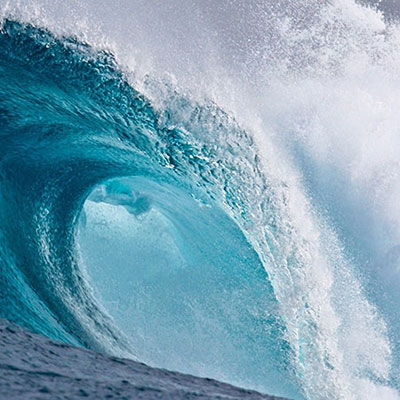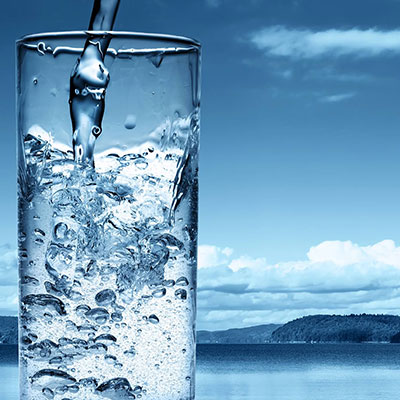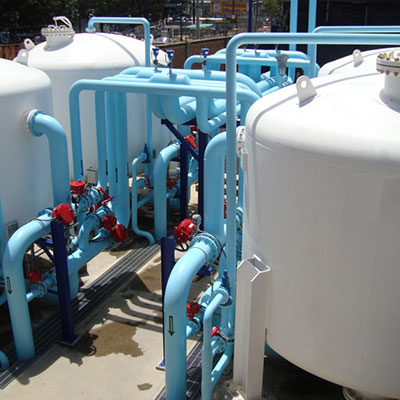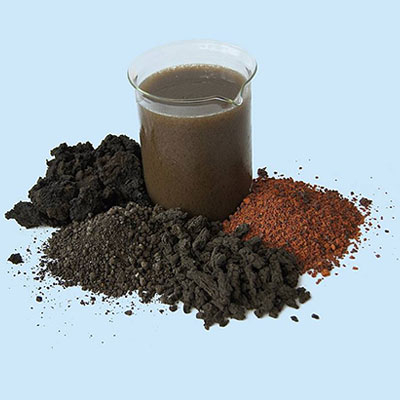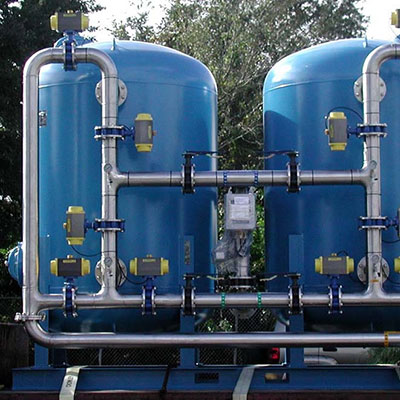The food processing industry uses a huge amount of water. In many foods, water is a major ingredient. In addition, water is used for cooking ingredients, such as vegetables and for cooling cooked foods. Water also plays a major role in cleaning both for preparing the appropriate dilutions of detergents, sanitizers, and disinfectants, and also for rinsing off the cleaning chemicals. Toilets and hand washing stations also need significant quantities of water.
Water is a potential vehicle for the direct transmission of disease and continues to cause significant outbreaks of disease in both developed and developing countries.
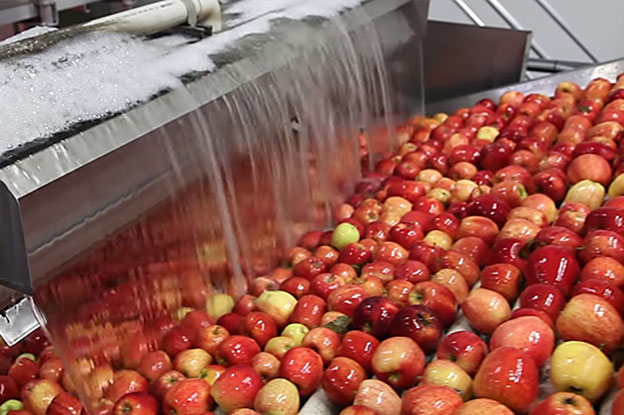
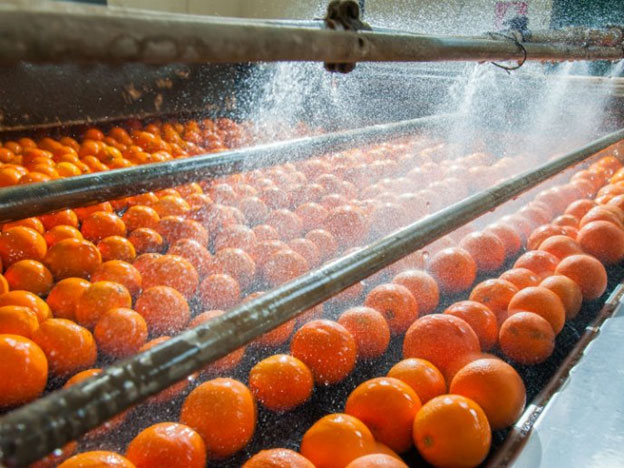
Water is just one route by which foods can be contaminated with pathogenic micro-organisms, foreign bodies or toxic chemicals. However, the volume of water used in the food and catering industries means that the potential risk to the consumer can be very high from poorly maintained water systems. In addition, poorly maintained water systems can be contaminated with pathogens such as Cryptosporidium and Legionella. These can pose a threat to the health and safety of the workforce and those in close proximity to the food premises.
Good quality potable water is essential throughout the food and catering industries. To achieve this, there must be stringent water management throughout the food premises and this requires close monitoring. Ensuring and maintaining the quality of water and preventing its contamination at source and throughout its use are of paramount importance.
As a result of industrial processes, industrial wastewater is created that contains substances that need to be removed before being discharged into a public collector or natural recipient.




